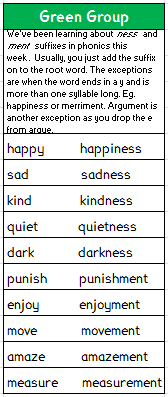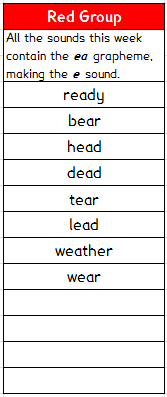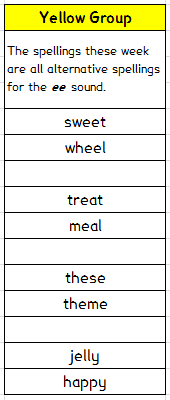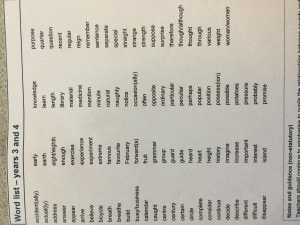Mini-topic: ‘Loving Reading’
For the next two weeks, we will be completing a new mini-topic: Loving Reading.
The emphasis of the topic is all about enjoying reading. As you are aware, we already give reading a high profile within our class but this topic will put reading (and a love of reading) at the forefront of our learning.
Lots of research suggests that children who read for pleasure perform better at school and reading is certainly a life-skill!
As part of the mini-topic, children were given some reading challenges to complete over the next two weeks. It would be great if they could finish them all (some are easier to achieve than others).
You can help at home by:
- Encouraging your child to complete the challenges.
- Raising the profile of reading at home (Family reading time? A visit to a bookshop/library? Discussing reading over a meal?).
- Reading with your child regularly; whilst reading for pleasure is important, understanding what you read is even more so. The only way to be sure that children are practising their reading skills properly is to read with them and ask questions.
- Encouraging your child to read more than usual.
- Showing your child that reading can take many forms (fiction books, non-fiction books, e-books, audio books, magazines, newspapers, trusted websites, instructions, recipes, online news).
Again, we thank you for your continued support!
Holiday activity idea

Phonics
This week we will start Phase 4 of the ‘Letters and sounds’ phonics programme.
During this phase, children will continue to practise previously learned graphemes and phonemes and learn how to read and write words with four phonemes.
These are called CVCC words and include words such as, tent, damp, toast and chimp.
For example, in the word ‘toast’, t = consonant, oa = vowel, s = consonant, t = consonant.
They will also learn to read and write CCVC words such as, swim, plum, sport, cream and spoon.
For example, in the word ‘cream’, c = consonant, r = consonant, ea = vowel, m = consonant.
In addition, they will be learning more tricky words and continuing to read and write sentences. There are no new phonemes taught in this phase.
Tricky words in phase 4
said, so, do, have, like, some, come, were, there, little, one, when, out, what
Three or free?
Increasingly, we’re noticing children who are not speaking clearly enough – and this is having a negative effect on their spelling.
Listen to your child as the say words like ‘three’ and ‘the’. More and more children are saying these words in a way which sounds like ‘free’ and ‘vuh’ or ‘fuh’ – all words that use ‘th’, in fact.
We know this is simply because children are not learning to stick their tongue out to make the ‘th’ sound – maybe it’s a bit lazy, maybe it’s because they never learnt, maybe it’s because the London accent (where this is more historic) is heard so much these days. When we prompt children, the vast majority can do say ‘th’ perfectly.
Does this matter?
Well, yes. This week, a child told me in a Maths lesson that the cost of something was ‘free’ – he meant £3. In the same week, a good writer demonstrating his ability to use a wider bank of words begun a sentence with ‘Furfermore, …’
If the way children pronounce words means that someone can confuse what they say, or that they end up making mistakes in spelling a simple word like ‘further’, then yes, this does matter.
As Mrs Burke tells her class in phonics lessons, saying ‘th’ is the only time your child is allowed to stick their tongue out at someone – please help your child get out of this habit, whatever their age!
18 March 2016
The homework for this week is a moral talk time and is due in on Wednesday 23 March.
Should we keep animals in zoos? Should we even keep animals as pets?
18 March 2016
These are the spellings for next week:



18 March 2016
This week’s homework is practice makes perfect and is due on Wednesday 23 March.
I can tell the time.
Your child will have a series of time-based tasks to do that they need to finish in the booklet provided.
We’ve started telling time to the nearest minute in class and if your child needs some extra support to do this at home, I recommend the BBC Bitesize website. I’ve also set some time tasks on Mathletics.
18 March 2016
This week, your child has been given a copy of the Year 3/4 spelling list. They must pick 10 spellings that follow the rule double up for a short vowel sound. Words that follow this rule include comma (compare the sound of the ‘o’ with coma, where there is no double up), hopping (compared with hoping) and funny. Why not ask your child to identify the short vowel sound in each of these words. 
18 March 2016
Spellings this week are not one specific list. The children have gone through their English book and picked out words they have spelt incorrectly in the past in order to learn these and not make the same mistake again.
It’s best if ten minutes of each day is given to practising spellings and we’ve looked at lots of different ways in which we can practise in class.
- word shapes
- word pyramids
- missing vowels
- create a crossword
- make it into a wordsearch
- good old look, write, cover, check.
These spellings will be tested on Thursday 24 March.
18 March 2016
This week’s Talk Time homework will be discussed on Wednesday 23 March.
To be able to see things from other people’s point of view.
This links to our SEAL statement for the week and is an essential skill for life. Over dinner, discuss when we might have a different opinion to somebody else; why somebody else’s opinion might be different; whether it’s OK for our opinions to differ; and what we can do to get along with each other and accept/respect our differences.